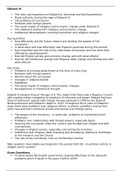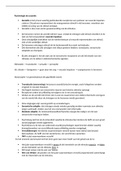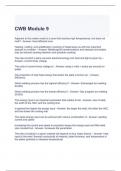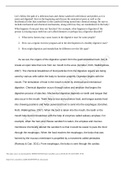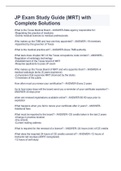Notas de lectura
AQA A Level History Tudors - Edward VI Notes
- Grado
- Institución
AQA A Level History Tudors - Edward VI detailed revision notes. Made using a range of textbooks and wider reading resources. Includes possible essay questions.
[Mostrar más]
